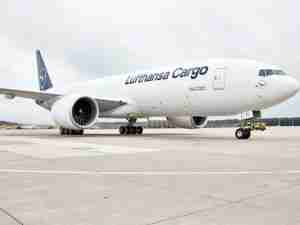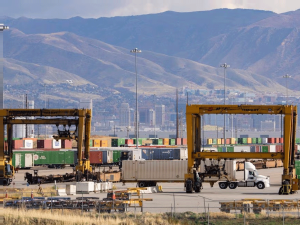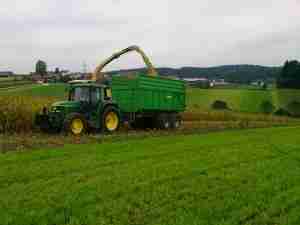Doomed UPS plane lacked warning software update (NTSB)
By: Reuters | Feb 20 2014 at 01:07 PM | Air Cargo | Logistics
Updated software would have given UPS pilots an earlier warning that they were too low before their cargo jet crashed in August, killing both crew members on approach to the Birmingham, Alabama, airport, a National Transportation Safety Board report concluded.
The report, presented on Thursday as part of an NTSB hearing into the crash, said pilot Cerea Beal Jr. and first officer Shanda Fanning did not get a “too low terrain” warning from the plane’s Enhanced Ground Proximity Warning System until one second after the first sound of impact with trees in a residential area during its descent.
An updated version of the warning system’s software would have alerted the pilot 5-1/2 seconds before the Airbus A300 freighter, which was on automatic pilot until just before the crash, hit the trees, the study said.
Simulations showed the first tree could have been avoided by an automated maneuver initiated within 0.6 seconds of the “too low” warning on the updated software, as well as through a manual maneuver within 2.4 seconds of the warning.
The plane crashed into a steep embankment far short of the runway.
A transcript of the plane’s cockpit voice recorder indicated the crew had lined up the runway and turned off autopilot just before the crash.
Then, one of the crew asked, “Oh, did I hit?” immediately after the “too low terrain” warning, followed by exclamations and the sounds of impact.










